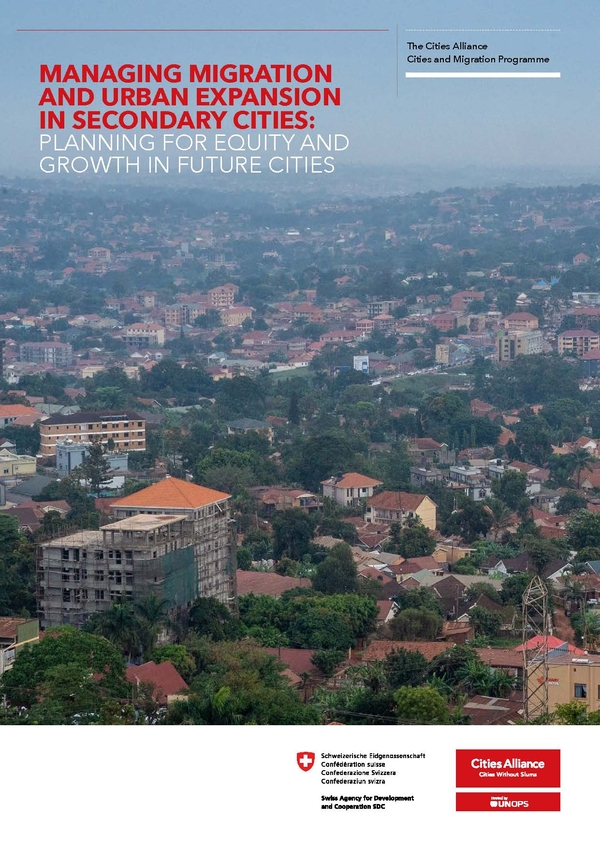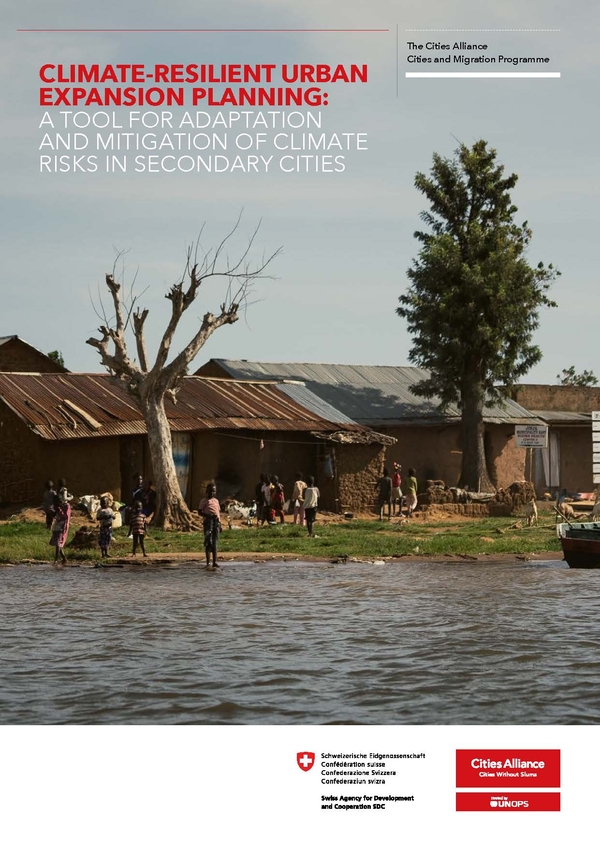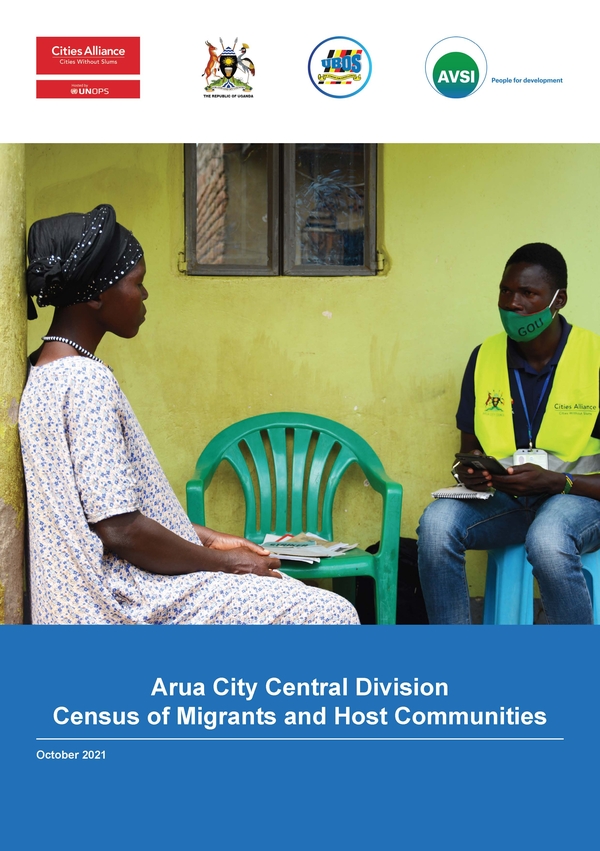Rural-urban migration is leading to rapid population growth in secondary cities in low-income countries, causing a massive urban expansion with a nearly fourfold increase in the built-up area.
Cities Alliance supports cities to apply proactive and climate-sensitive approaches, such as urban expansion planning, to enable the integration of migrants through better connections of the urban periphery to the existing city.
These planning exercises need available data. Infrequent and incomplete census counts prevent municipal authorities from requesting fiscal transfers to provide services for the actual number of people who reside in their cities and consume services, such as transport, energy, education, health, and markets. With limited central resources and municipal revenues, local authorities struggle to provide basic services to residents.
To fill the data gap, Cities Alliance applies remote sensing as well as sampling techniques. We also collect primary and need-based data, particularly on refugees and displaced persons.















